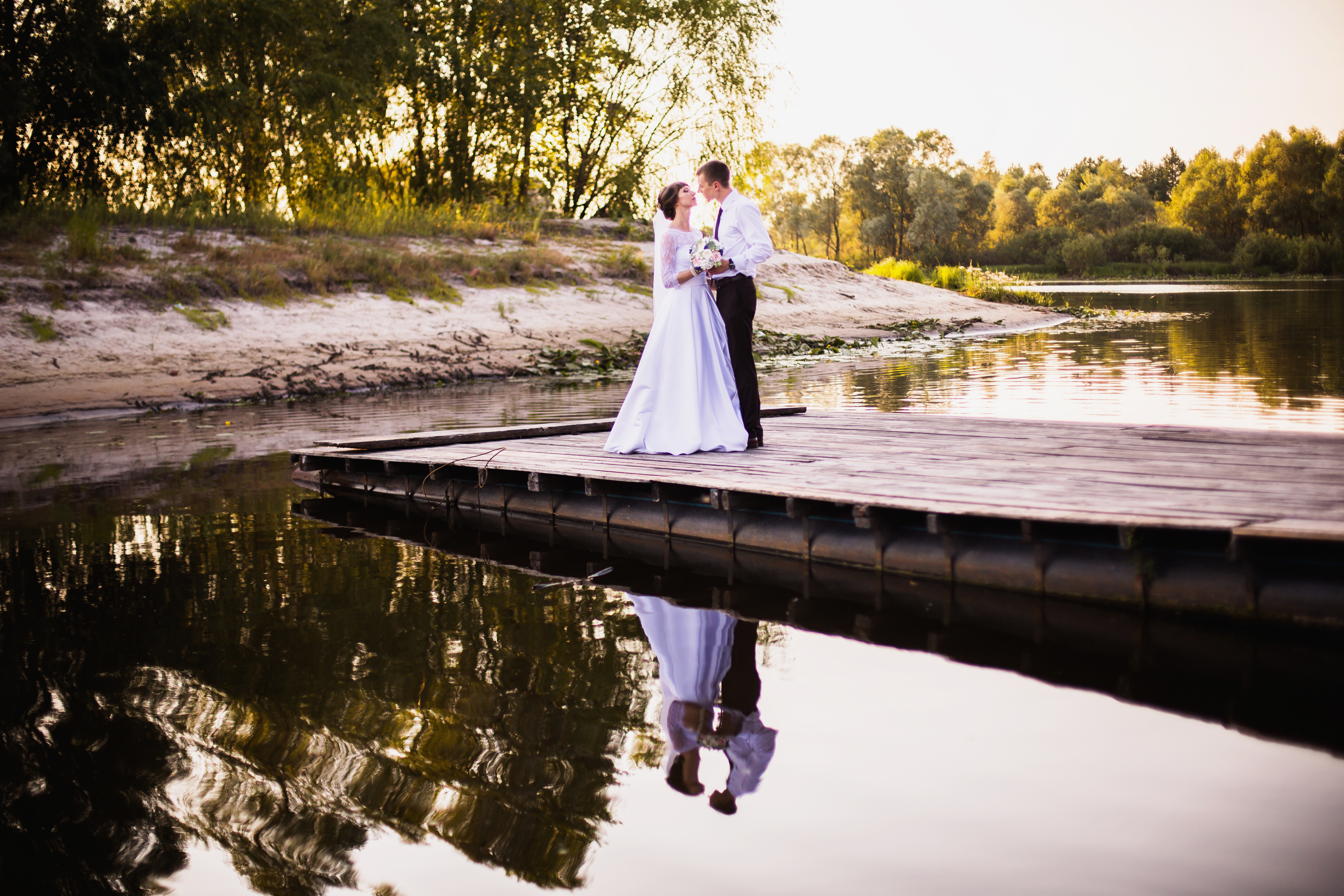Recently, my wife and some of her girlfriends had a ladies movie night. As the evening drew to a close and I emerged from the back room, I walked into an unexpected conversation about Mardi Gras (Fat Tuesday). The discussion focused on the odd contradiction of gluttonizing oneself the day before Lent and completely gorging oneself the day before fasting.
For some reason, bachelor parties immediately came to mind and it seemed there was a similar parallel. For many guys (and this can go for ladies too), they desire to have a one last night of other women before being chained down to one woman for the rest of their lives. Some men wish to have a stripper come to the party. Others prefer multiple women by going to a strip club complete with lap dances.
In this shallow view, marriage is seen as a sort of slavery, something that will suck the life out of you, taking away your freedom and any chance of fun. Being totally committed to one woman seems daunting, and it’s a reluctant duty rather than a joyful commitment. The mindset, therefore, is that a guy must live it up one last time. This kind of gloomy anticipation of marriage always makes me wonder why they want to get married in the first place. It reminds me of the popular t-shirt which has a bride and a groom standing next to each other. The bride has a huge smile on her face while the groom wears a huge frown. At the bottom of the shirt it says “Game Over.” Now, if this is what people think marriage is, why get married?
Of course, there’s nothing wrong with having a bachelor party or a night of fun with friends. For my bachelor party, we played Laser Tag, came back and played video games and watched movies while eating man food. It was fun, pure, and there was no cheating on my fiancée with other women the night before our wedding.
Sadly, this is not always the case. Some desire one last hoorah with someone other than the person they are engaged to. Isn’t this very problematic though? Getting stone drunk or having strippers before marriage is, at best, an oxymoron. For men, it’s an offense against their bride (or vice versa), her beauty, and her dignity. Your wife (or husband) is our number #1 before and after marriage. How can a man claim to love his fiancée and be committed to her while simultaneously going off to enjoy other women for a night?
We don’t promise ourselves to our future spouse on the day of our marriage, but many months before when we propose to them. Faithfulness and commitment don’t start on the wedding day but before—long before. The wedding is just the next step of the journey. So, it is essential to train ourselves in faithfulness to our spouse and to form good habits long before that big day even arrives.
If someone believes they are losing their life and freedom by getting married, then can they really know what marriage is? Perhaps they are not ready or mature enough to enter into this serious sacrament of holy matrimony. Or, perhaps they need to read and learn what marriage is about and then prepare themselves more for that sacrament. It’s important to understand the sacrifice that’s needed for marriage, but also to understand how that sacrifice frees you and fulfills you when you choose it freely. You are not having your freedom taken away in marriage per say, but rather, you are surrendering certain things for the sake of your beloved. The sacrifices are done out of love, and this kind of love yields an amazing power, beauty, and contentment.
Marriage is only a drag when we’re dominated by self-centeredness. As a married man, I am more than happy to commit to my wife, my best friend, my soulmate, and to sacrifice certain things for my bride. While marriage takes work, no doubt, there is no real happiness or fulfillment without it. Love and marriage are about giving, not receiving. But, if both lovers give all they have to each other, then both simultaneously receive. Marriage is a reciprocal gift of self, a beautiful life-long gift of love which makes you holy!
Article originally published by CatholicMatch Institute, which provides resources to help single Catholics develop a strong foundation for marriage through advocacy, programs, and scholarships. Used with permission.






